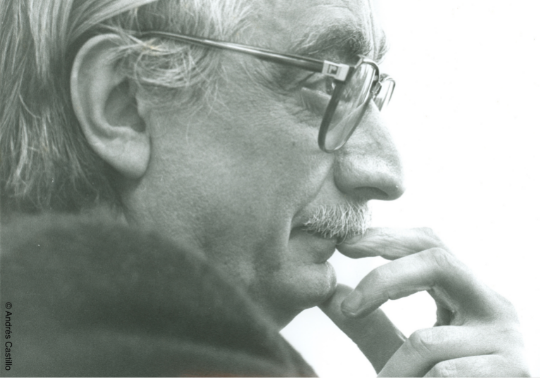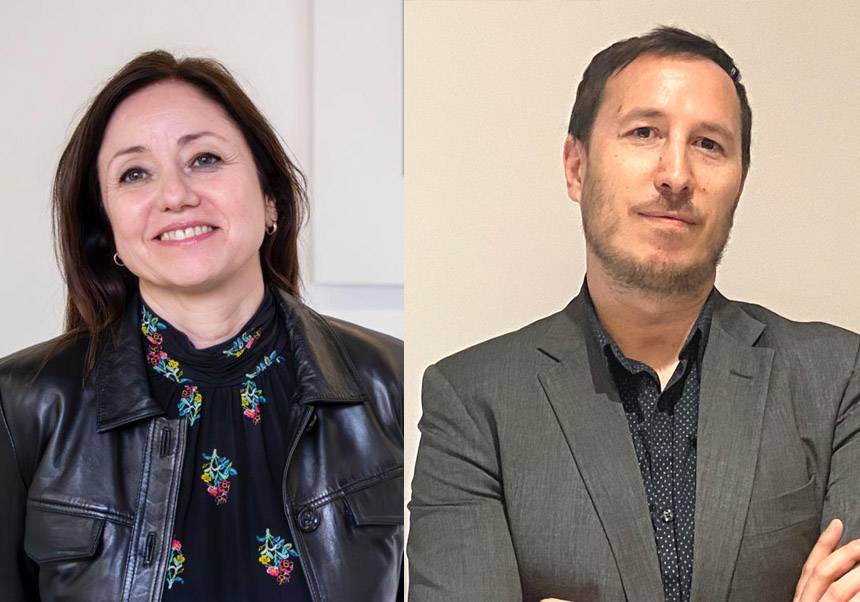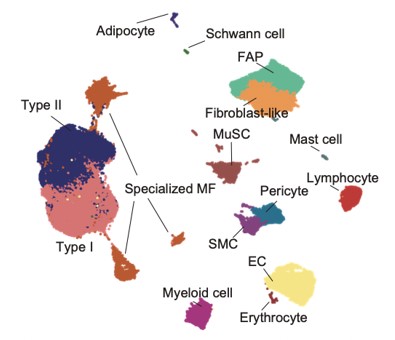An international symposium analyses Joan Fuster’s work in his centenary
- Tarongers Institutes Support Unit
- February 23rd, 2022

On the occasion of the centenary of Joan Fuster's birth in 2022 (he was born on 23rd November 1922), the Joan Fuster Chair at the Universitat de València has organised the Joan Fuster International Symposium, to be held on 28th February, 1st and 2nd March 2022.
The seventeen talks of this symposium will be given by scholars and specialists in the university field not only from the Catalan-speaking territories but also from abroad. The events will be held in the three faculties of the University linked to the areas of Joan Fuster's production: Philology (28th), History (1st) and Philosophy (2nd). The coordinator of the Joan Fuster Chair, Ferran Carbò, has highlighted "the wide range of topics that will be addressed at the conference, as well as the participation of specialists in his work from Europe and the United States".
Furthermore, on each of the days there will be a cultural activity programmed by the faculties involved and open to the public. On the 28th, at the Faculty of Philology, there will be a round table discussion entitled "Joan Fuster, still and always: cross-reflections on his reception", with contributions by Nuria Cadenas, Gustau Muñoz, Marc Senabre, Lourdes Toledo and Gonçal López-Pampló, who will act as moderator, coordinated by Begonya Pozo. On the 1st, at the Faculty of Geography and History, there will be a reading with images’ projection, coordinated by Laura Peris, entitled "Image and word of Joan Fuster". And on the 2nd, in the Faculty of Philosophy and Educational Sciences, there will be a recital entitled "Fuster out loud", with Rafael Estrada (singer-songwriter) and Eduardo Benetó (rhapsodist).
The organising committee is headed by the coordinator of the Joan Fuster Chair, Ferran Carbó, and includes Antoni Furió, Tobies Grimaltos, Francesc Pérez y Moragón, Manuel Pérez Saldanya and Vicent Simbor. The scientific committee is composed of Dolors Bramon (Universitat de Barcelona), Neus Campillo (Universitat de València), Brad Epps (University of Cambridge), Louise Johnson (University of Sheffield), Josep Massot i Muntaner (Institute of Catalan Studies), Claus D. Pusch (Albert-Ludwigs-Universität, Freiburgim Breisgau) and Patrizio Rigobon (Università Can'Foscari, Venice).
Joan Fuster y Ortells (1922-1992) is the most important intellectual and essayist of the País Valenciano in the contemporary period and one of the leading figures in 20th century Catalan culture. After graduating in Law from the Universitat de València, he soon began to collaborate regularly in the press and at the same time showed an interest in poetry as his first literary inclination. In those early years, his first poetry books appeared, including "Terra en la boca" (1953) and "Escrit per al silenci" (1954).
After giving up poetry, he became a professional journalist, writing for different media, first in Valencia and then in Barcelona and Madrid - La Vanguardia, Jornada, Levante, El Correo Catalán, Destino, Serra d'Or, Informaciones, Tele/eXpres, Hoy, El País... - as well as for the press in exile, always with a clear desire to have a more direct impact on the social reality of the Catalan language and culture.
Parallel to Fuster's work as a journalist, the scholar and the exceptional essayist grew, as his first published essay, "El descrédito de la realidad" (1955), makes clear. This work marked the beginning of a discourse between scepticism and corrosive sense of humour applied to everyday life and morality, a starting point that the author was able to maintain throughout more than sixty books and which lasted almost forty years of production.
The richness and diversity of the themes and aspects addressed in his work allow us, nevertheless, to group it mainly around three areas of interest: humanistic essays, cultural history studies and socio-political writings. The humanistic essays include "Les originalitats" (1956), "Diccionari per a ociosos" (1964), the aphorisms of "Judicis finals" (1960), and the diaries of "Causar-se d'esperar" (1965) and "Diari 1952-1969". Regarding his works on cultural and literary history, he wrote "Poetes, moriscos i capellans" (1962), "La Decadència al País Valencià" (1976), "Literatura catalana contemporània" (1972) and "Contra el noucentisme" (1977). Among his socio-political writings there are works such as the emblematic "Nosaltres, els valencians" (1962), "Qüestió de noms" (1962), "Un país sense política" (1976) or "Destinat (sobretot) a valencians" (1979). He also wrote travel guides such as "El País Valenciano" (1962) and "La albufera de València" (1970).
More information:
File in: Recerca, innovació i transferència
















